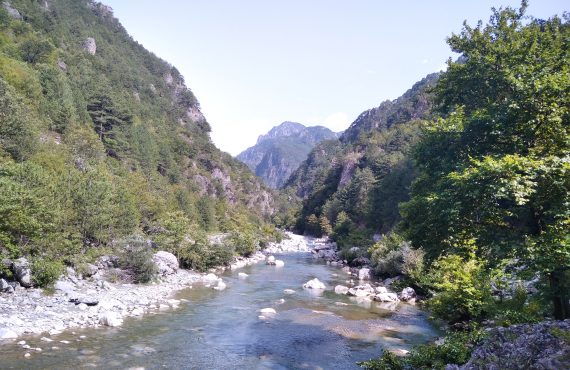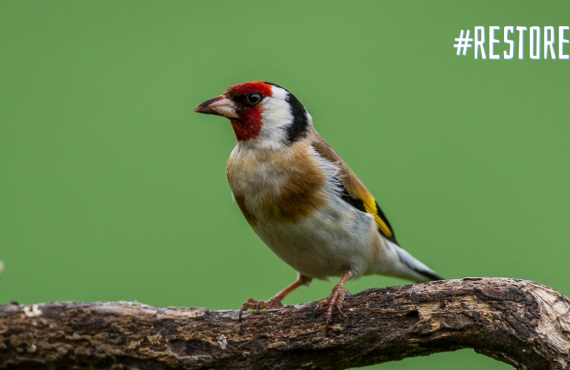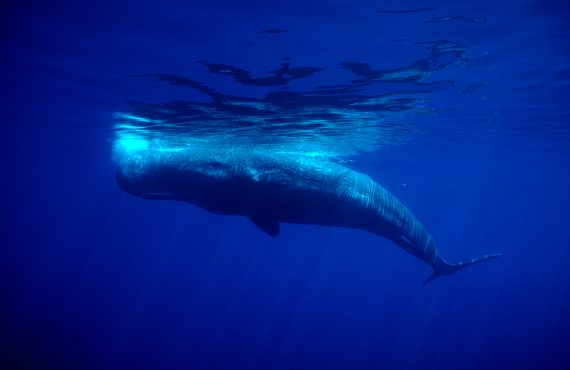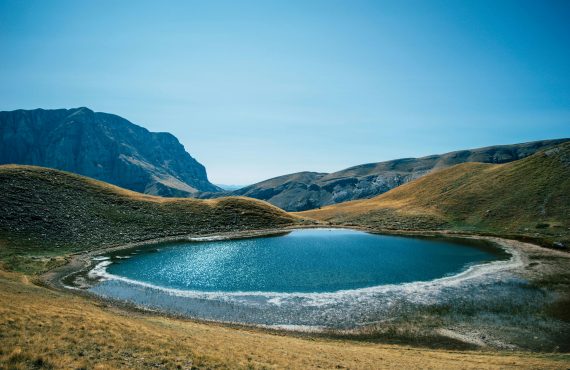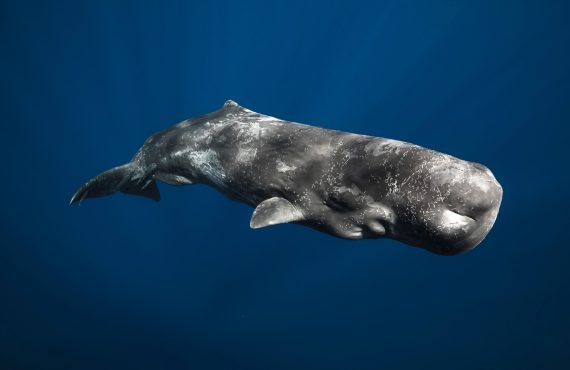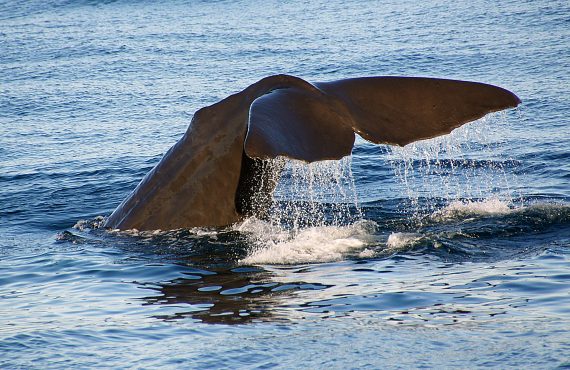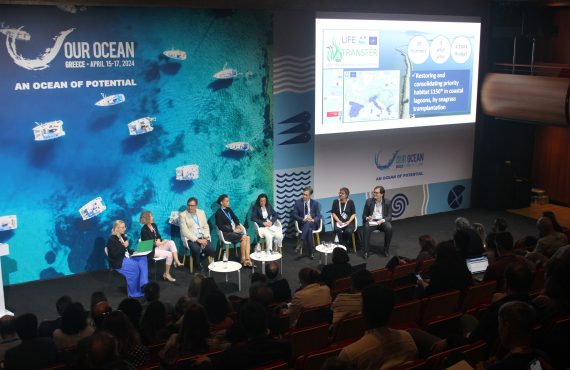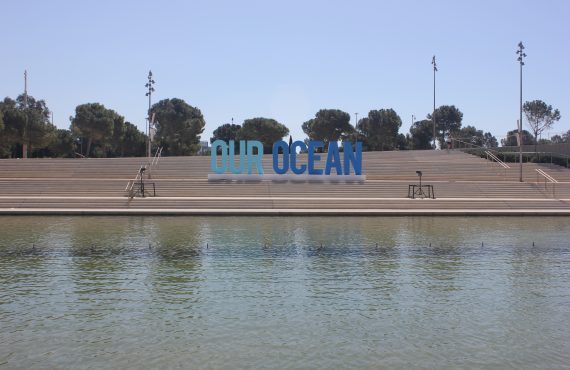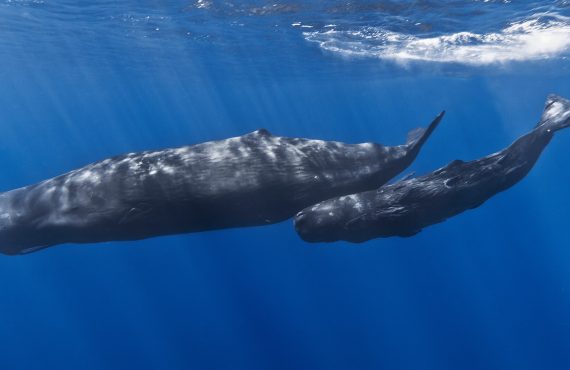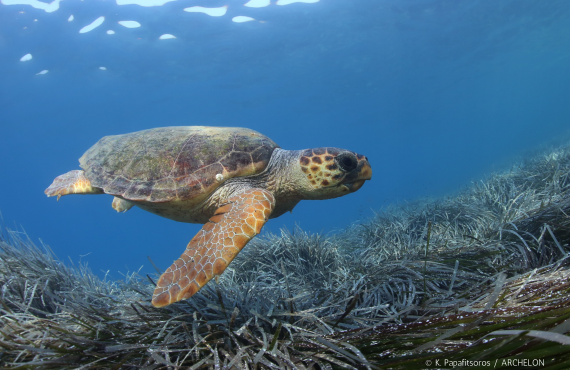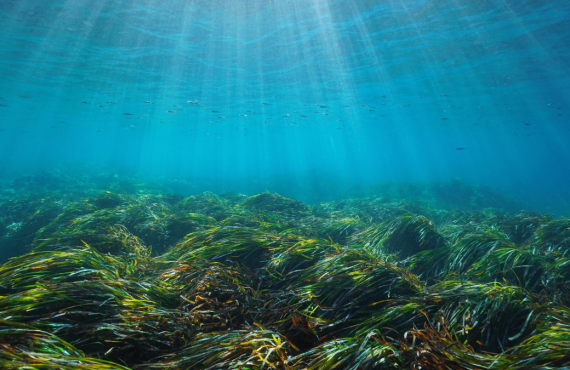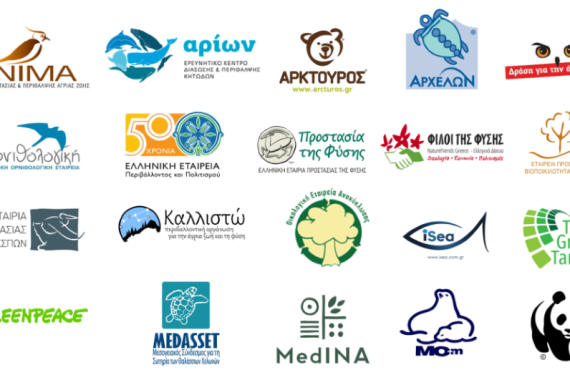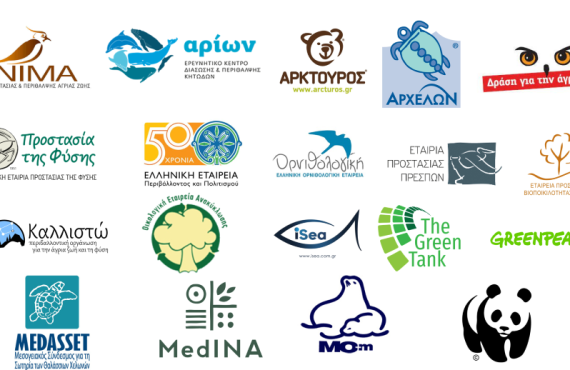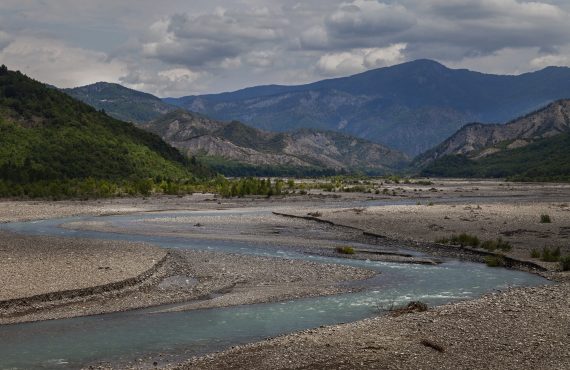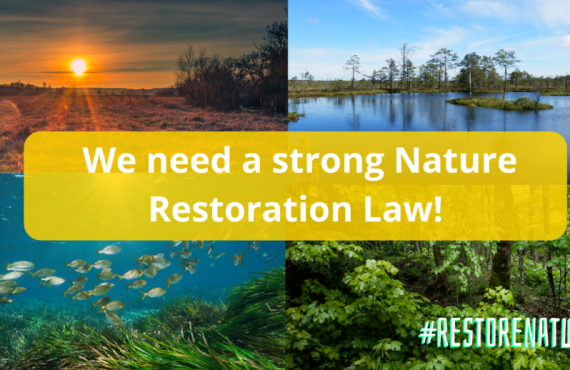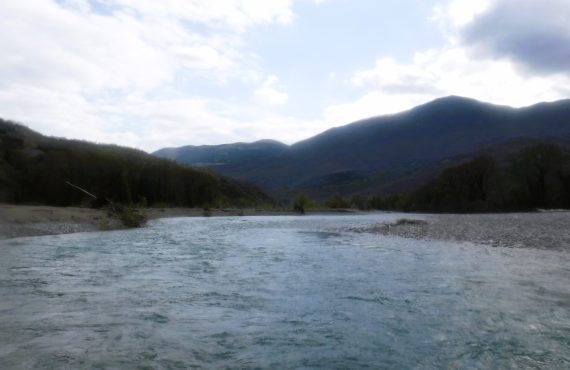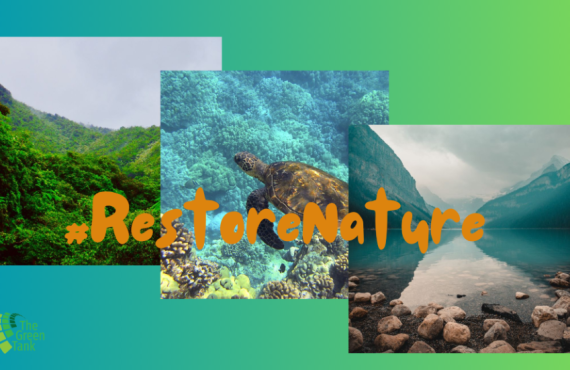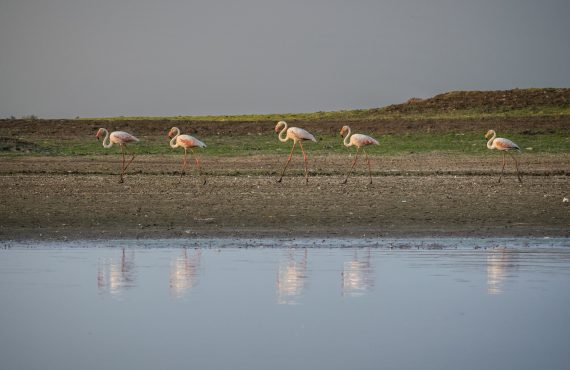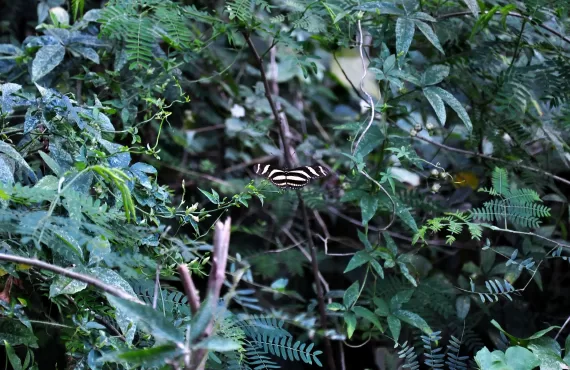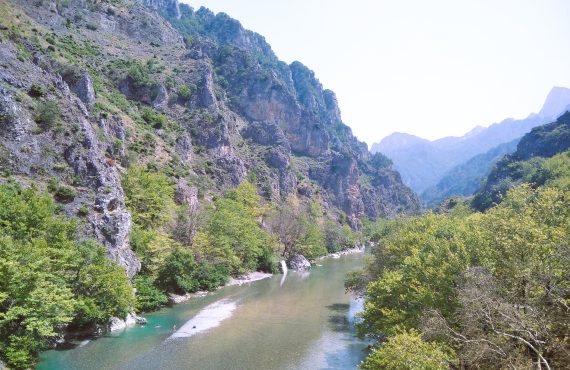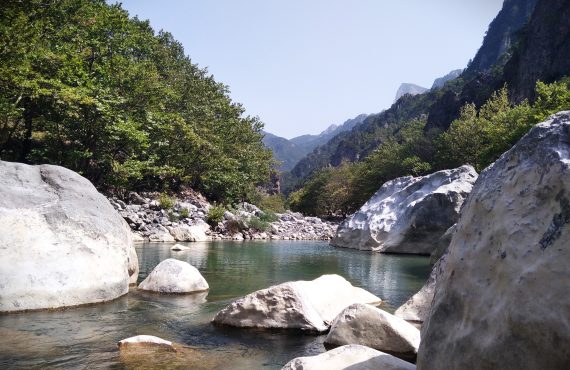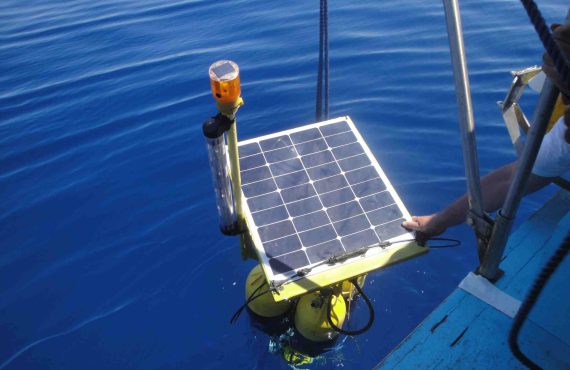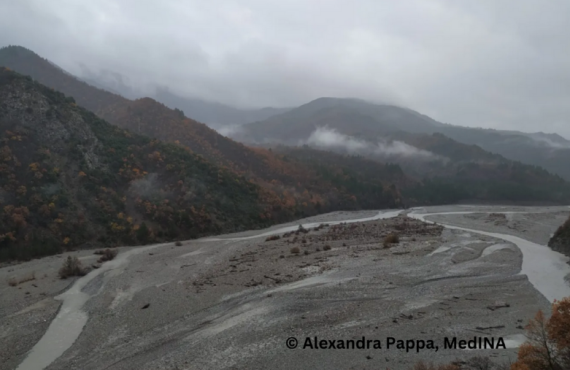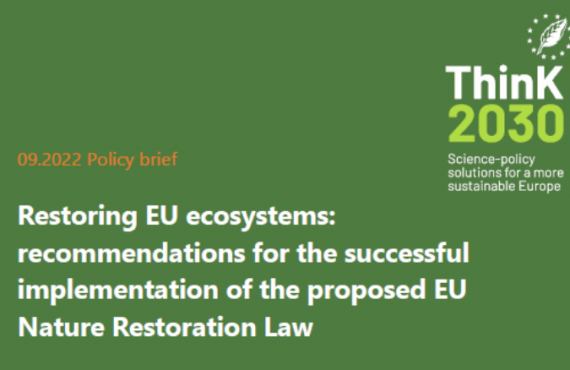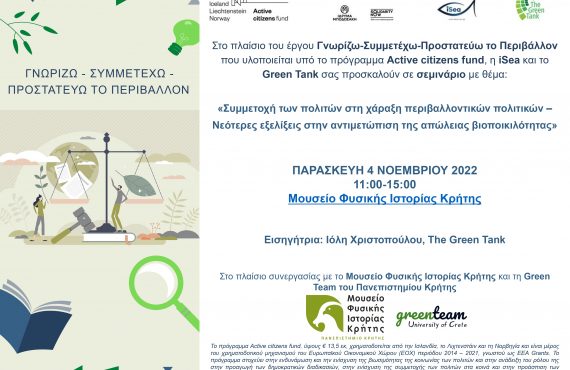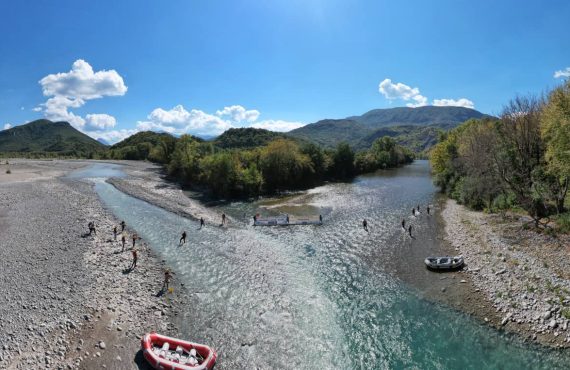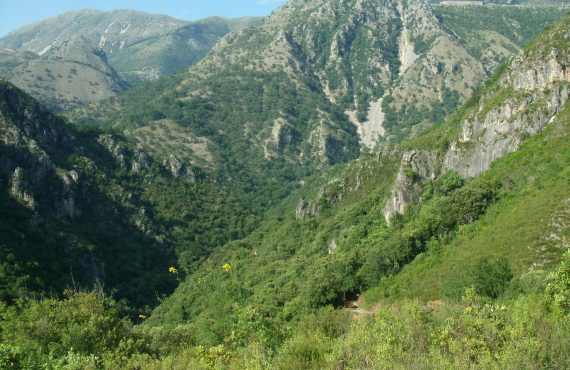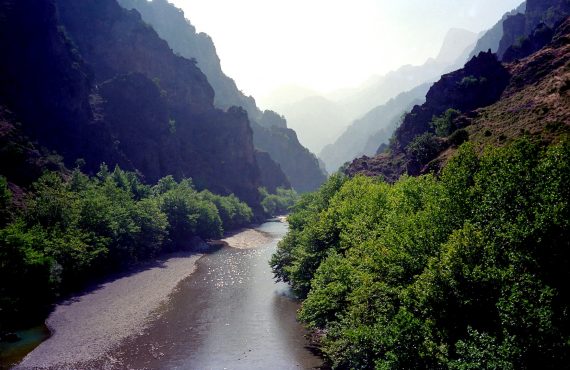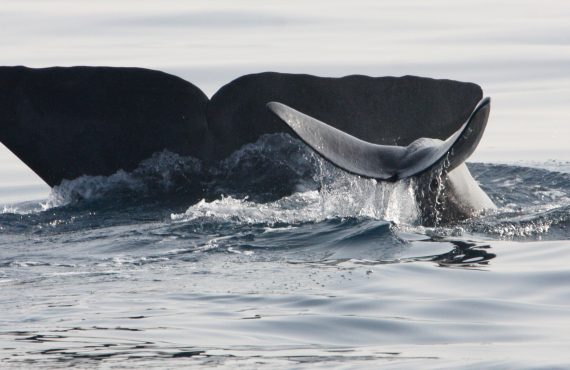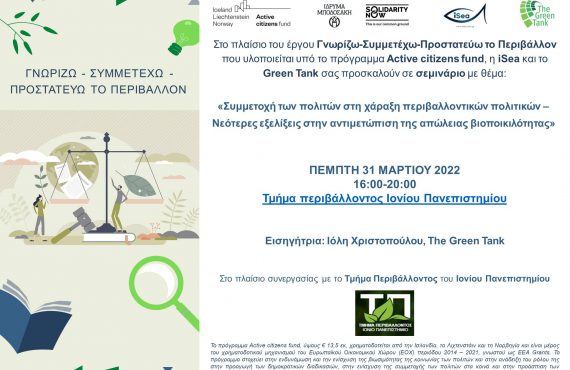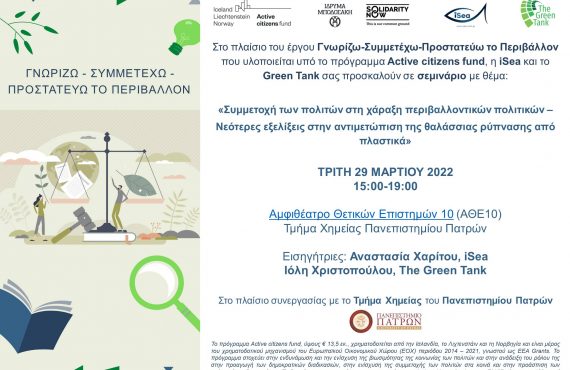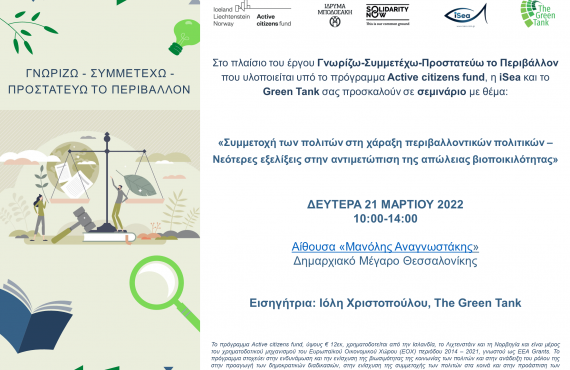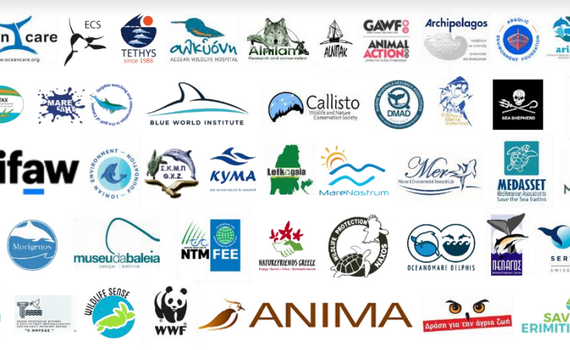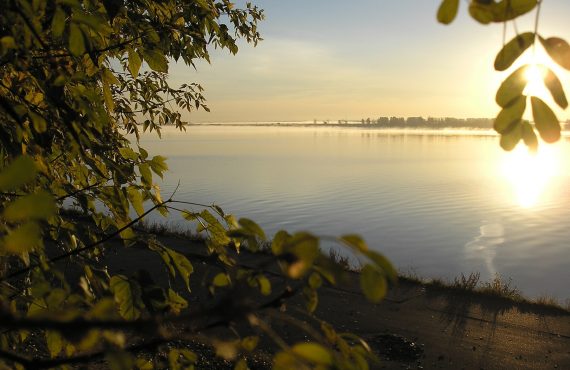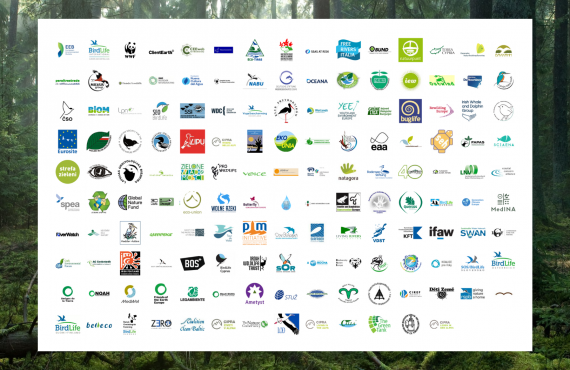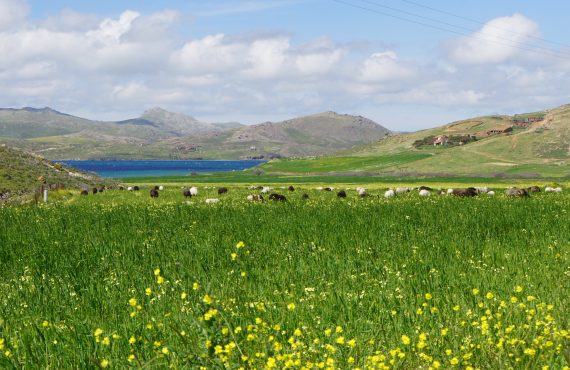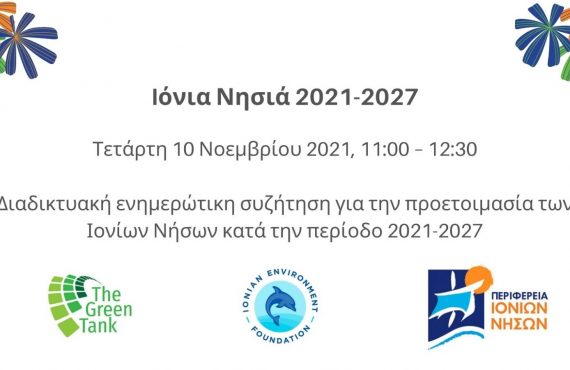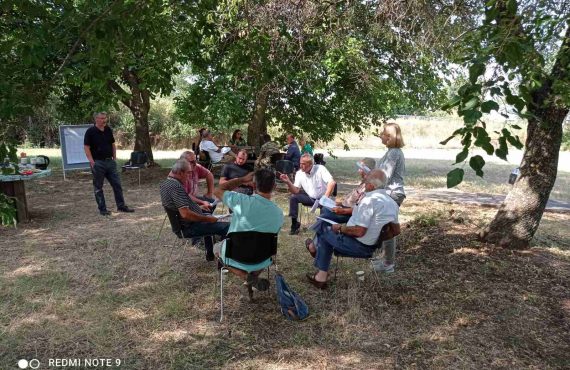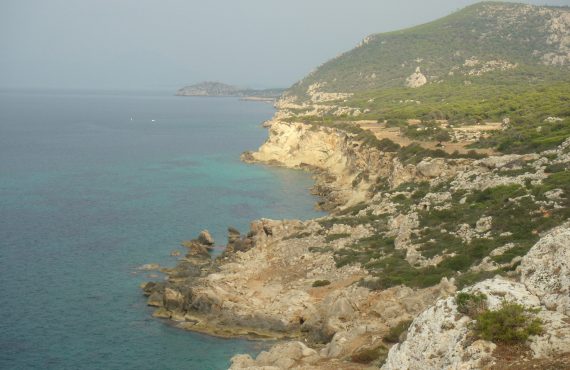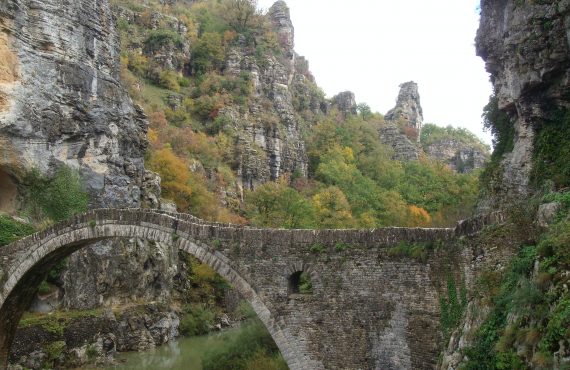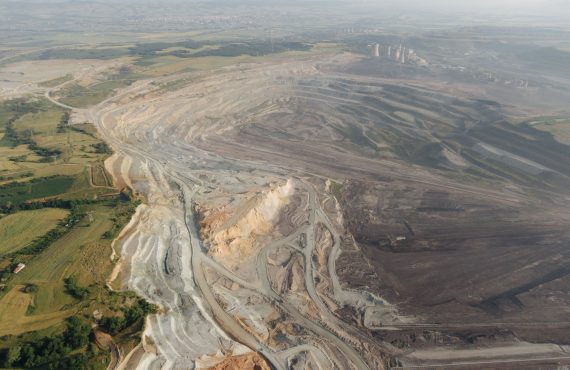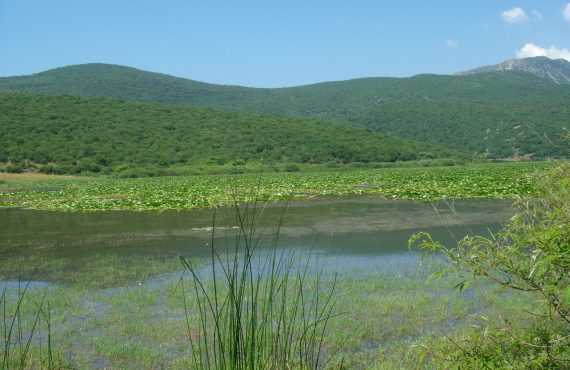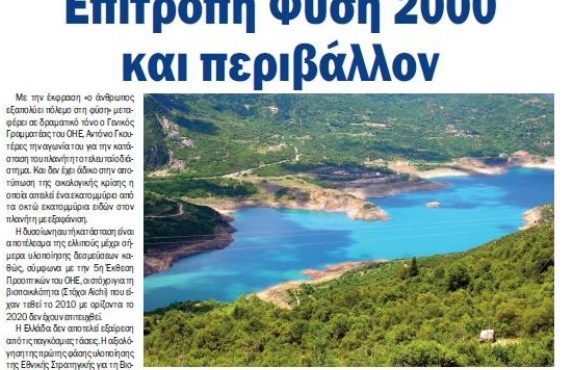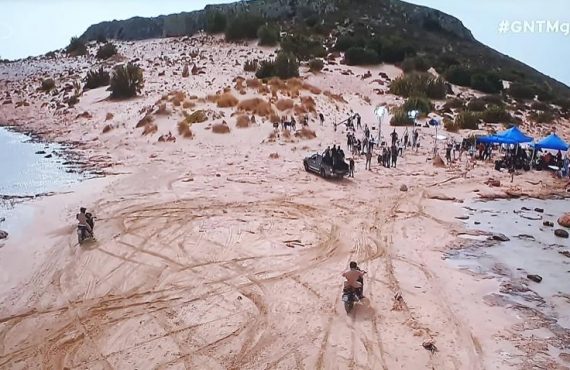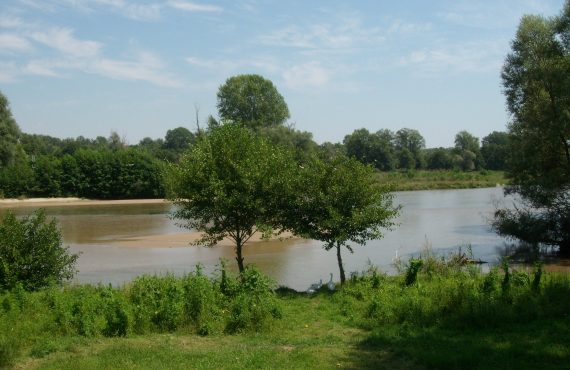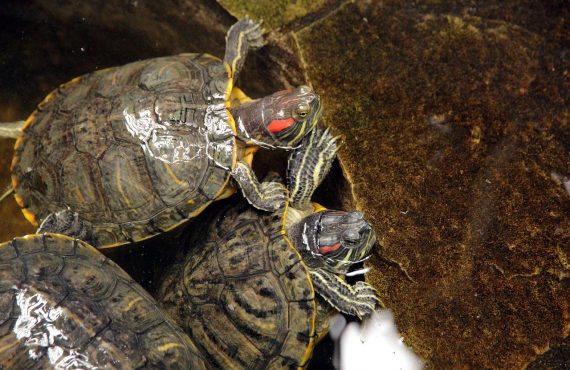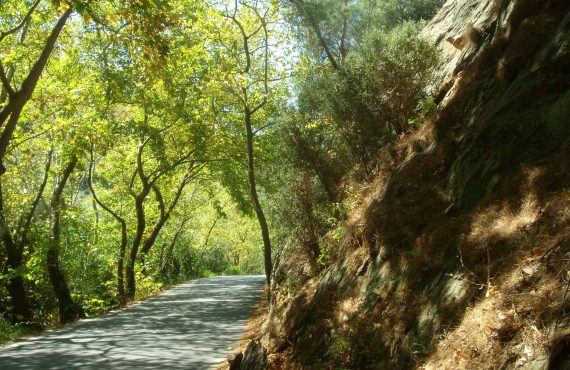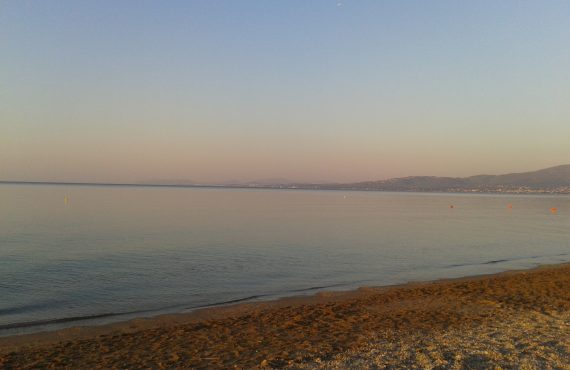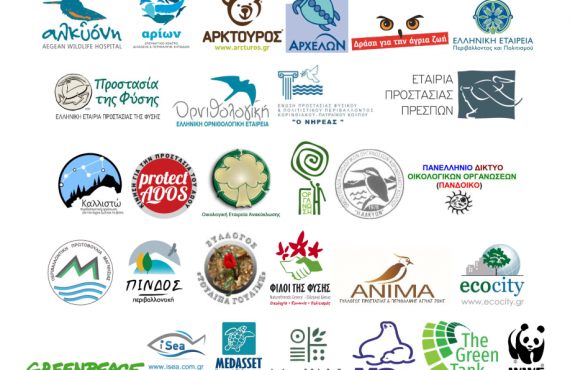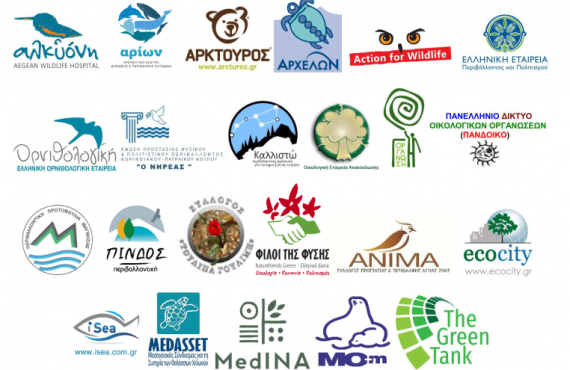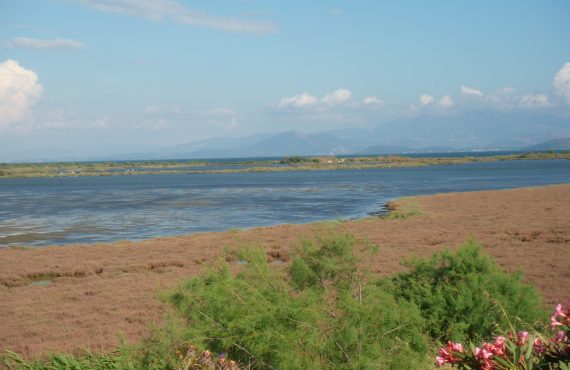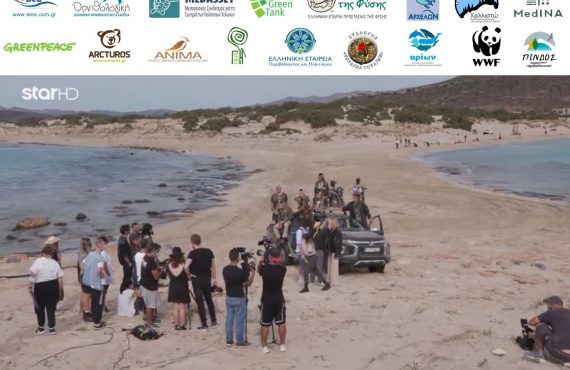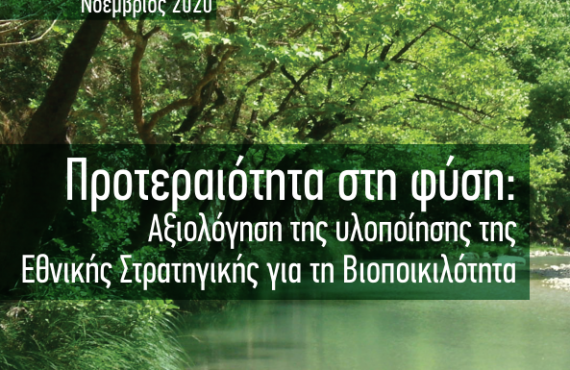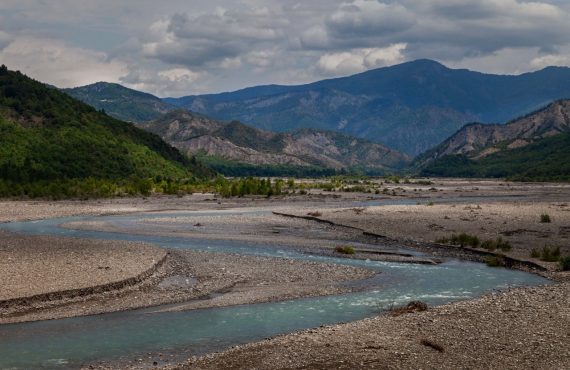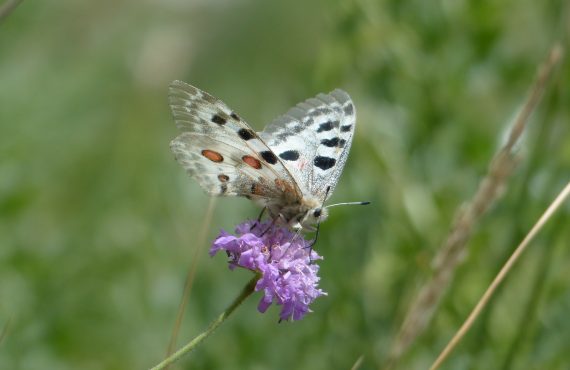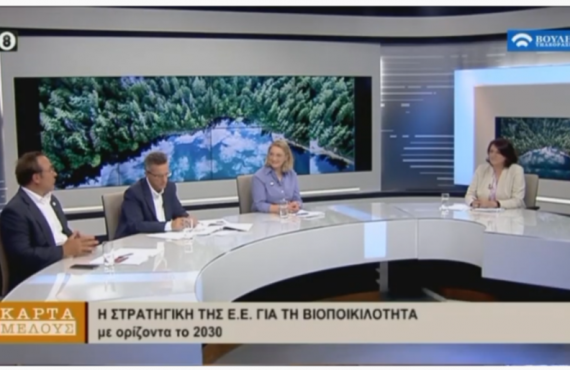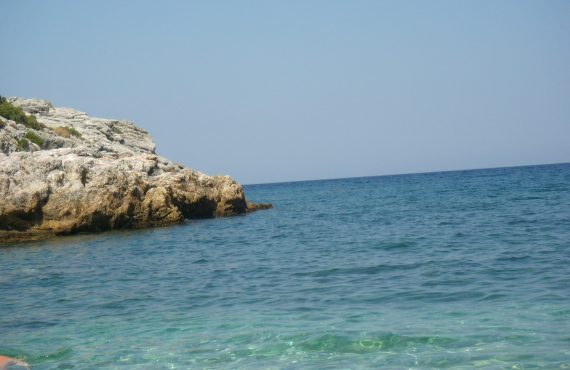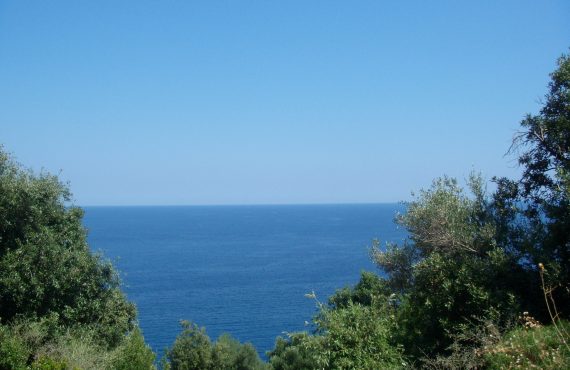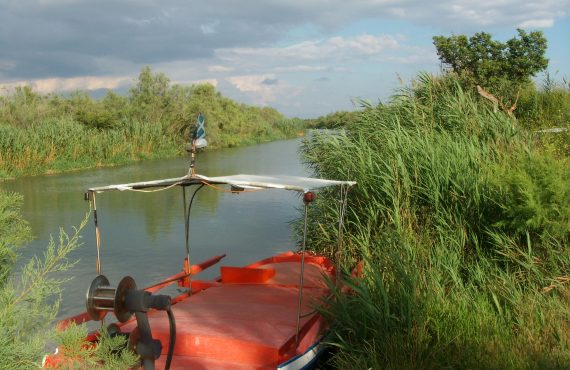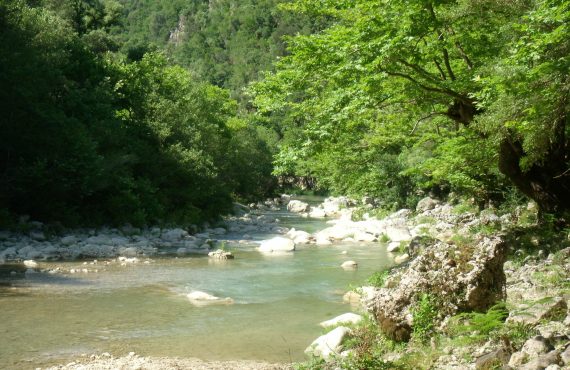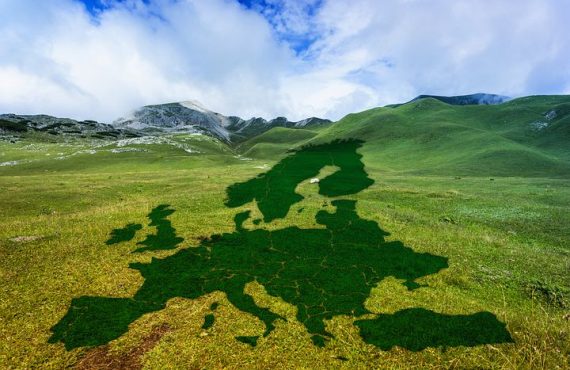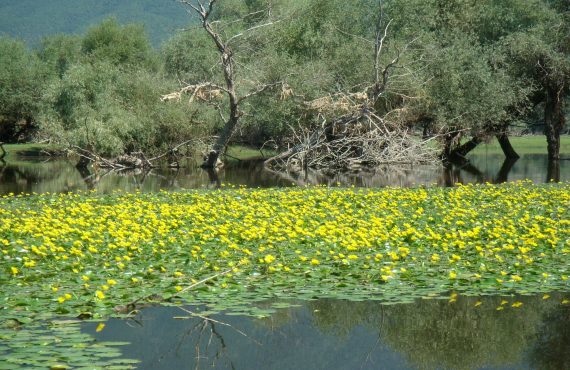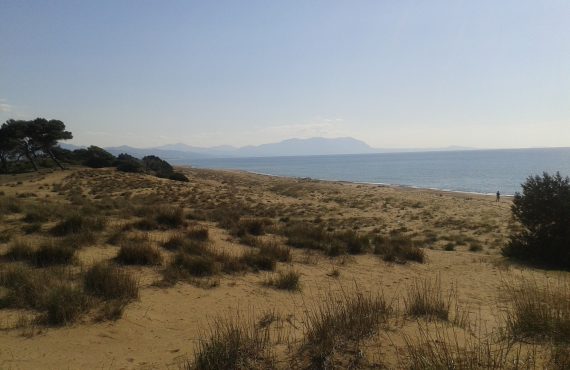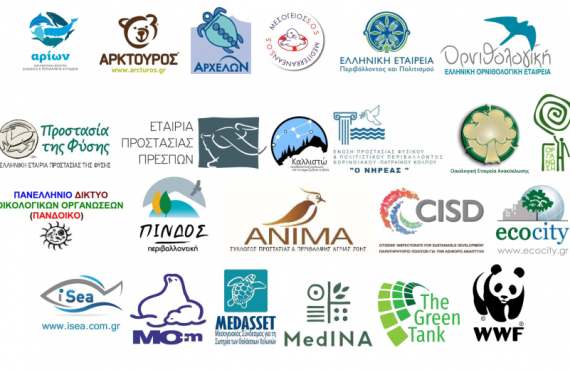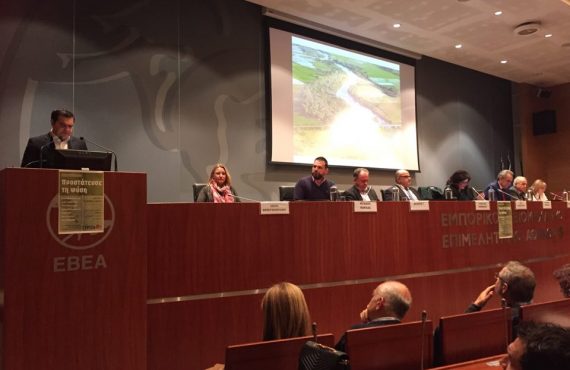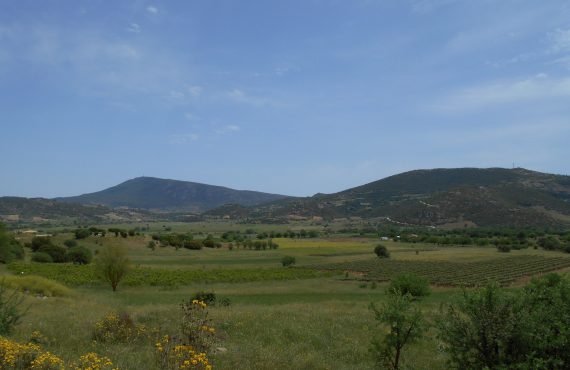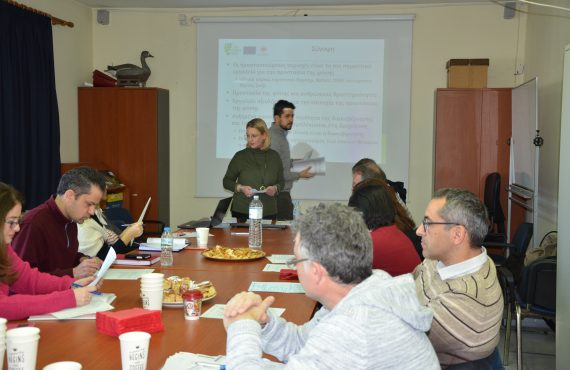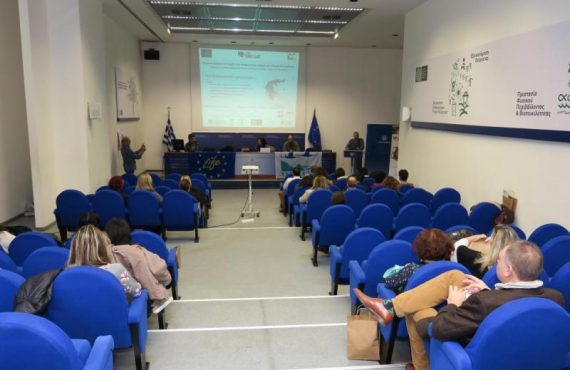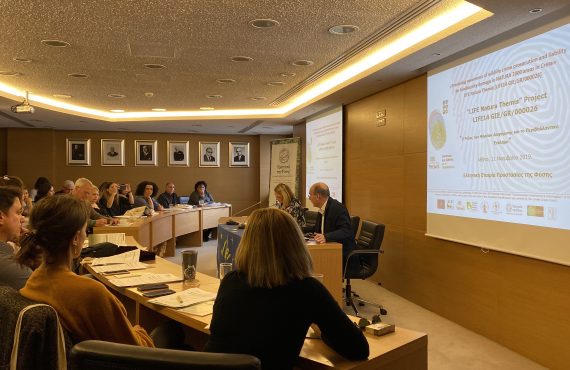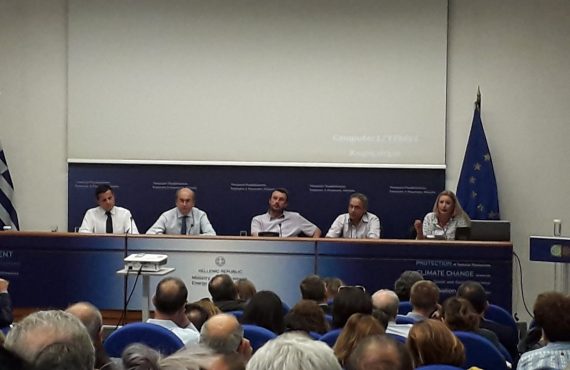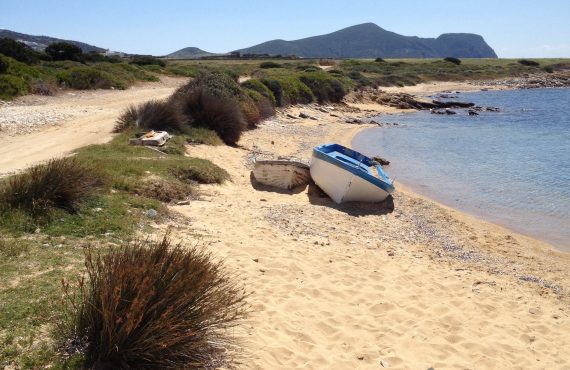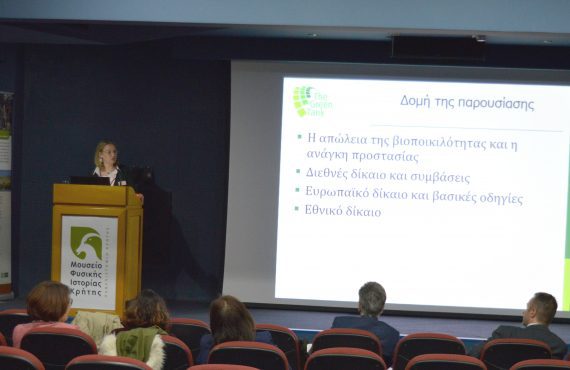In recent months Greece is at the forefront of the European nature legislation, adopting by law the latest global and European targets for nature protection and restoration. With this as a point of departure, Ioli Christopoulou, in her article entitled “New targets for nature: How will they be put into practice”, published in Kathimerini, sets out the key points of the legally binding targets and comments on the prospects for their implementation in Greece.
Noting that this legislation essentially reflects the international Kunming – Montreal Agreement, but also the European Commission’s proposal for a new European Nature Restoration Law, Ioli Christopoulou points out that the country has comparative advantages for both the protection and restoration of nature, but the actual implementation of the adopted targets remains a challenge. As she notes, to date the implementation of commitments on nature “are not part of the country’s political tradition”. On the contrary, it is “its weak point and has led more than once to convictions by the Court of Justice of the European Union”.
Thus, the new government is called upon to prioritize the preparation of a National Nature Restoration Plan and a new Biodiversity Action Plan. Cross-sectoral cooperation and sufficient national and European funds are crucial.
The article was published on Sunday May 21, 2023 and it is available at kathimerini.gr (in Greek).
Here follows the full text translated in English by The Green Tank:
New nature targets: How will they be implemented?
by Ioli Christopoulou
At the end of March, Greece became the first European country to adopt by law (Law 5037) the newest global and European biodiversity targets. Central among those targets are two. The first concerns the protection of nature, so that 30% of the country’s land and sea area is protected by 2030. The second concerns the restoration of nature and, in particular, the adoption and implementation of measures on areas, both within and beyond Natura 2000 sites, which are not yet in a good conservation status. These measures must cover 30% of these areas by 2030 and then 60% and 100% of the areas by 2040 and 2050 respectively.
In addition, an explicit prohibition on the degradation of protected habitats is included, and separate targets are set to protect specific valuable and vulnerable ecosystems (forests and wetlands), recover fish and pollinator populations and increase urban green spaces.
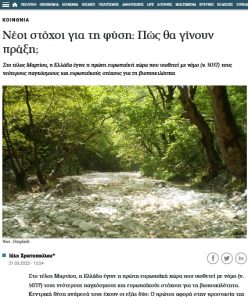 These national targets are in line with those included in the international Kunming-Montreal Agreement that the global community reached as recently as December 2022, renewing its commitment to biodiversity conservation, as well as those of the EU 2030 Biodiversity Strategy. In addition, they also incorporate targets from the European Commission’s proposal for a new European Nature Restoration Law before the European Parliament and Council have even completed their opinions. Thus, Greece stands clearly in favour of its adoption, despite the opposition of the European People’s Party, which rejects the new Regulation mainly because of the provisions concerning the restoration of rural ecosystems. Perhaps this is the reason why, specifically, the targets for rural ecosystems were not included in the new national targets.
These national targets are in line with those included in the international Kunming-Montreal Agreement that the global community reached as recently as December 2022, renewing its commitment to biodiversity conservation, as well as those of the EU 2030 Biodiversity Strategy. In addition, they also incorporate targets from the European Commission’s proposal for a new European Nature Restoration Law before the European Parliament and Council have even completed their opinions. Thus, Greece stands clearly in favour of its adoption, despite the opposition of the European People’s Party, which rejects the new Regulation mainly because of the provisions concerning the restoration of rural ecosystems. Perhaps this is the reason why, specifically, the targets for rural ecosystems were not included in the new national targets.
The Government’s choice to stand by the most ambitious environmental trends is in line with Greece’s comparative advantages. For example, 27% of the land area is already included in the Natura 2000 network and if nationally protected areas are added, the percentage of land under protection exceeds 34%. Also, 48% of habitats are already in good conservation status, compared to 15% at EU level, placing the country in third place among the EU-27 member states. The effort for restoration is therefore comparatively less than in other Member States, while the benefits are significant and even multiple (up to 10 times) of the investment required. Among the benefits stand out mitigation and adaptation to climate change, space for physical exercise and mental uplift and, obviously, the possibility of developing sustainable activities while creating jobs.
However, the impact of this positive initiative of the Government will depend on whether the targets are ultimately implemented. To date, nature protection, let alone restoration, has not been part of the country’s political tradition. Implementing nature commitment is Greece’s weak point and has led more than once to convictions at the Court of Justice of the European Union. This is also reflected in the text of the recent law, where, although binding and even quantitative targets are adopted, there are no provisions for their implementation.
In view of the national elections and the new government term, whatever its composition, a National Nature Restoration Plan must be drawn up immediately, which should define in detail, quantitatively and geographically, which areas will be designated for restoration, which measures will be implemented, under which timeline, at what cost, and who will be the competent bodies for implementation, supervision and monitoring of the progress towards achieving the targets. It will thus complement the new Biodiversity Action Plan, which should also be drawn up based on the newest data. Together the two plans will form the pillars of Greece’s national nature policy.
A crucial factor here is cross-sectoral cooperation with the contribution of all authorities and stakeholders. In this, an important supervisory role can be played by the state’s central advisory body on biodiversity, the Nature 2000 Committee, which includes representatives of different ministries, the scientific community and civil society.
Equally critical is the need to secure national and European funds, with the first step being to secure resources from the 2021-2027 programming period for the preparation and implementation of the plan.
Most importantly, however, a change in our understanding of our relationship with nature is required. And if the days when forests, streams and beaches were treated as landfills are (hopefully) gone, this is not enough. For example, to reverse the inadequate and poor conservation status in which all of the country’s coastal habitat types find themselves, it will take planning, scientific study, technical staff, resources and, above all, will to make the new commitment to nature a reality. The challenge is not insignificant for a country that treats nature (albeit with reduced tolerance) as a site for all kinds of construction and infrastructure… even a fence – like in Mykonos. It needs to be understood that the benefits of restoring nature outweigh any costs and concern all of us, now and in the future.
Greece with its new law with a horizon to 2030 and up to 2050 can be at the forefront of the global and European community. However, it will need to not let its past determine its future, but to shape a new and better condition, in which nature is to be a priority. Will it do so?




